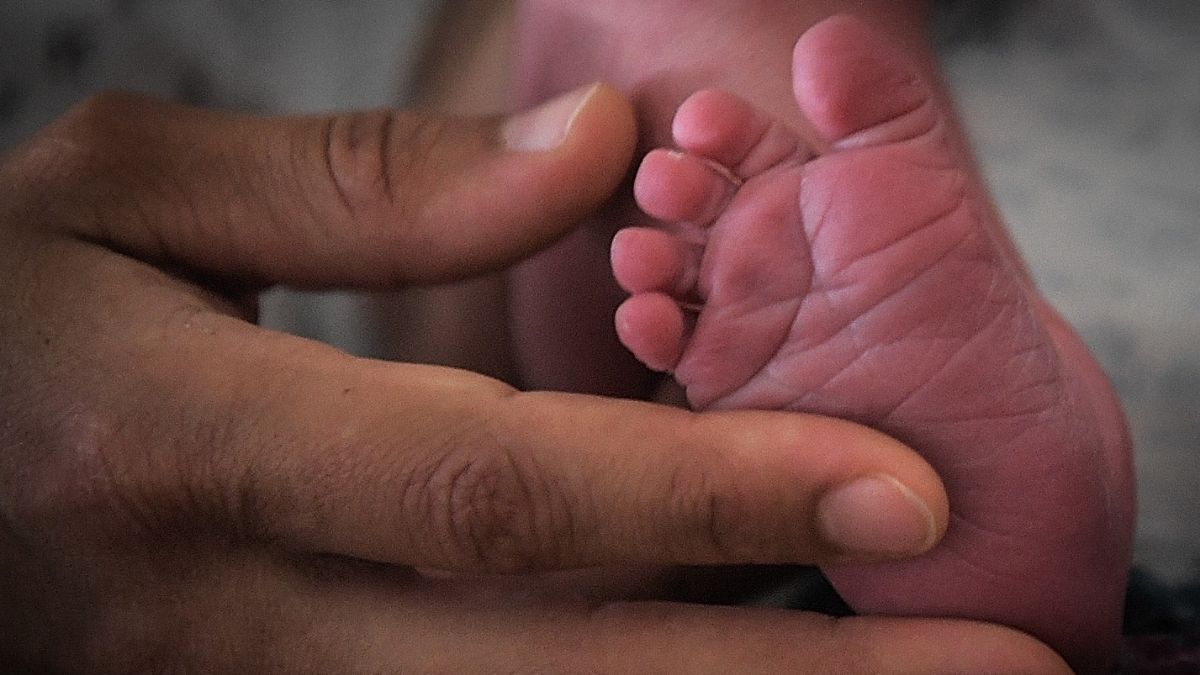Foreign-national parents contribute to a rising birth trend in Japan, as 22,878 babies were born to them in 2024, an increase of over 3,000 from the previous year and 50% higher than a decade ago, according to the Ministry of Health, Labour and Welfare. These births now account for 3.2% of all infants, helping offset more than half of the decline among Japanese parents, whose births fell by 41,115 to 686,173, reported NIKKEI Asia.
Babies born to Chinese mothers totalled 4,237, followed by Filipino mothers with 1,807, and Brazilian mothers with 1,351. The largest group fell under “other nationality,” including countries such as Nepal and Vietnam, with 14,425 births. The foreign-national population with residency in Japan reached a record 3.77 million at the end of 2024, around 3% of the total population, with 56% aged in their 20s and 30s, a demographic driving new births.
Local efforts and policy challenges
Some Japanese cities are taking steps to support foreign families. In Nishio, Aichi prefecture, foreign residents from over 50 countries, including Vietnam and Brazil, account for 14% of all births. The city has hired three interpreters in Portuguese and Vietnamese to help parents communicate with day care services. Similarly, Narita, Chiba prefecture, home to a major international airport, provides a multilingual booklet to guide residents on local customs; foreign births there have risen 60% since 2020.
Experts warn that policies for foreign families remain inconsistent and often rely on nonprofit organisations. Toshihiro Menju, visiting professor at Kansai University of International Studies, highlighted the need for measures that ensure foreign-born children speak Japanese, earn comparably, and can support their own families, warning that without such policies, Japan could face a divided society.
)